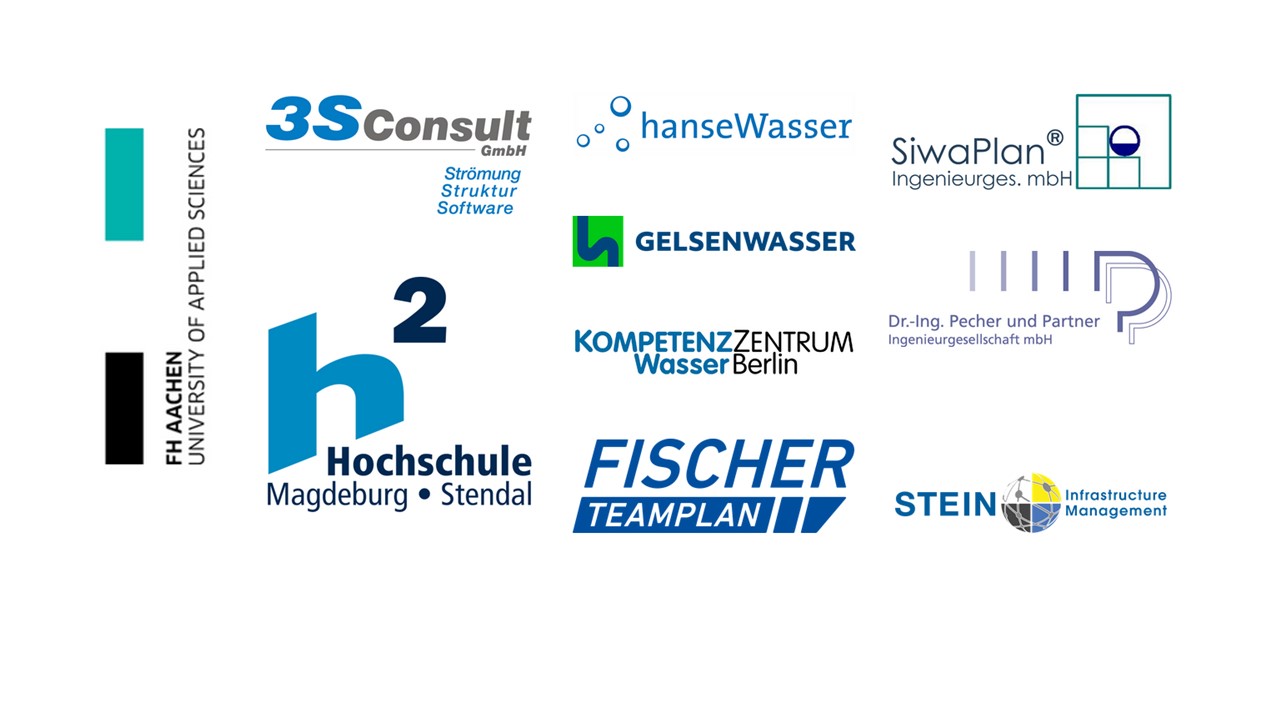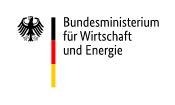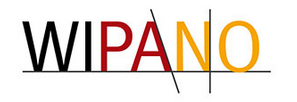The SubKanS project will develop a standardised and practical methodology for the evaluation and classification of the remaining value of sewer and manholes infrastructures. In particular, this method will support utilities in selecting suitable and cost-effective rehabilitation measures such as renewal, renovation or repair. The approach will be developed in close collaboration between research institutes, consulting offices and utilities and will be proposed as a new national norm to ensure its wide uptake among German utilities.
A survey conducted by DWA (German Association for Water, Wastewater and Waste) in 2015 highlighted that the total length of the German sewer network was about 576,000 km. Replacement costs of sewer pipes are estimated at around € 910 billion without even considering the rehabilitation needs for manholes, house connections and other infrastructures. Sewer systems can be considered as the largest municipal infrastructure. The survey also revealed that approximately 25-30% of the sewers have medium to serious defects and would need to be rehabilitated within the next 10 years. Rehabilitation can consist in repairing local damages or conducting extensive renovation or replacement of sewer lines.
With this background, the SubKanS project will develop a standardised and practical methodology for the evaluation and classification of the remaining value of sewer and manholes infrastructures. In particular, this method will support utilities in selecting suitable and cost-effective rehabilitation measures such as renewal, renovation or repair. The approach will be developed in close collaboration between research institutes, consulting offices and utilities and will be proposed as a new national norm to ensure its wide uptake among German utilities.
Info-Flyer (in German)



- Entwicklung eines Standards zur Bewertung und Klassifizierung der baulichen Substanz von Kanalhaltungen
- Impact of Inspection Data Quality on Structural Substance Assessment of Sewers
- Schlussbericht SubKanS: Entwicklung eines Standards zur Bewertung und Klassifizierung der baulichen Substanz von Abwasserkanälen und Schächten.


